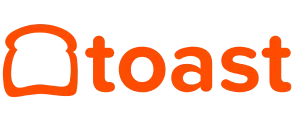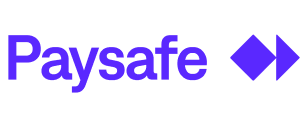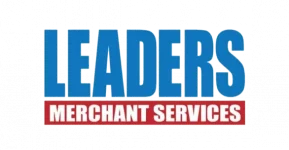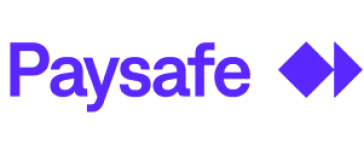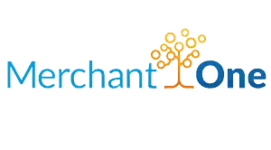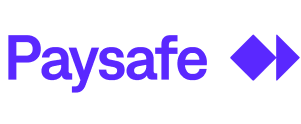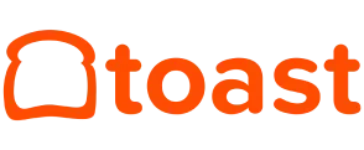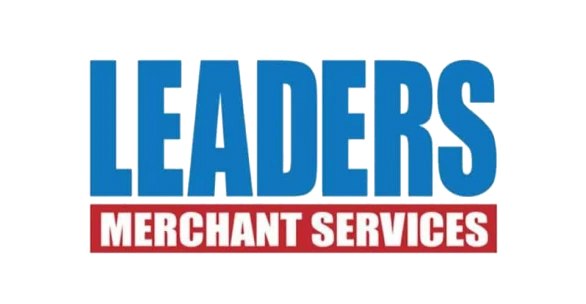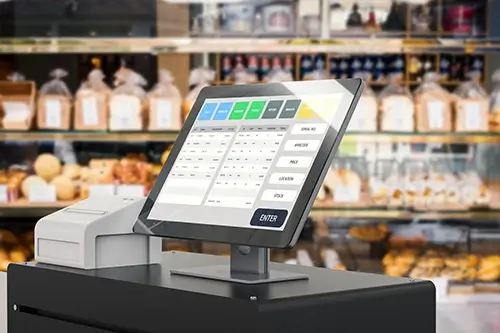-
Most businesses approved within 24 hours
-
Rates customized to meet the unique needs of your business
-
Security measures to protect customers from frauds
-
Accepts merchants with high-risk profiles
-
One-stop-shop for all your payment processing needs
 See extra details & advantages
See extra details & advantages
24/7/365 Technical Support
Free EMV Terminal
Customized Account Setup
Pros & Cons

Pros & Cons
-
Accepts merchants with high-risk profiles
-
Industry low rates
-
24/7/365 customer & technical support
-
Customizable account solutions
-
Fees for early termination
-
3 Years contract
Why We Picked It:

Why We Picked It:
-
Full Clover™ suite POS equipment to merchants
-
Zero Cost Processing
-
Cloud based software
-
Accepts all payment types
-
Super-competitive processing rates
 See extra details & advantages
See extra details & advantages
24/7 Support
Mobile Payments
Clover POS reseller
Pros & Cons

Pros & Cons
-
$0 Cost Processing option with Cash discount pricing
-
Focus on security and fraud prevention - PCI Protections
-
Super competitive processing rates
-
Wide range of payment solutions
-
Pricing structures may vary and may require customization for some businesses
-
Early contract termination is a charge by Paysafe, as are most businesses in this niche
Why We Picked It:

Why We Picked It:
-
Transparent pricing
-
Prepriority Clover software
-
Complete line of Clover hardware
-
Developers can build apps on their platform
-
Loyalty programs collect emails for marketing to
 See extra details & advantages
See extra details & advantages
24/7 Support
No Hidden Fees
Easy-To-Use
Pros & Cons

Pros & Cons
-
24/7 Live help
-
30-Day free trial
-
Quick deposits to your bank
-
Multiple mobile app add-ons
-
Expensive for low volume businesses
-
36-48 Month contracts- early termination fees
Why We Picked It:

Why We Picked It:
-
Robust reporting features
-
No setup fees
-
Multi-layered security
-
Easy mobile payments solution
-
Using the best technology on the market
 See extra details & advantages
See extra details & advantages
24/7 Unlimited Support
Low Rates & Fees
Free EMV Terminal
Pros & Cons

Pros & Cons
-
Offering a comprehensive payment processing solution
-
Transactions are processed quickly and securely using the latest technology
-
User-friendly interface
-
Offers excellent help & support with a dedicated team
-
Services may be more expensive than some others
-
Merchant One may not be the right choice for businesses looking to expand internationally
Why We Picked It:

Why We Picked It:
Our Best Overall Provider
-
Wide range of features for payment processing
-
Integrates with other restaurant technology systems
-
Connect and flow all your data into one place
-
The software is highly customizable
-
Toast's handheld devices reduce wait times and improve customer service by allowing servers to take orders tableside
 See extra details & advantages
See extra details & advantages
24/7 Help & Support
Good Analytics and Reporting
User-friendly interface
Pros & Cons

Pros & Cons
-
Can be tailored to fit your restaurant's unique needs
-
User-Friendly Interface
-
Robust reporting capabilities
-
Live 24/7 customer service at all price levels
-
There can still be a learning curve for staff members who are not familiar with POS systems
-
Slight higher price point compared to some competitors
Why We Picked It:

Why We Picked It:
YOU MIGHT BE INTERESTED IN CREDIT CARD PROCESSING SERVICES
Our Top Picks for
What Is a POS (Point of Sale) System?
Point-of-Sale equipment has come a long way from the humble cash drawer. Today, a good system can save a company an amazing amount of time and work that used to be done manually.
POS systems, or point-of-sale systems, are a mix of hardware and software that work together to let merchants accept credit and debit cards, as well as other sorts of payments that are currently accessible.
Merchants with physical stores, internet businesses, and even major delivery corporations use POS systems to deliver things to your door.
Depending on your requirements, a POS system can be much more than a payment gateway for your goods and services.
How To Pick the Best POS System for Your Company?
The first decision to make is whether your company is in need of a cloud-based POS system or an on-premise system. On-premise systems are what would be used in a retail store with a cash register that does not require internet access.
The disadvantage of a system that does work with the internet is that you must manually update the software, and you can only retrieve the information from where the POS hardware is physically located.
On the plus side, the information you acquire from consumers is more secure, and the system processes the sale faster.
The majority of POS systems today are internet-based and can be accessed via a mobile phone, tablet, computer, or hand-held machine provided by the POS provider.
Cloud-based POS systems will be updated by your provider who should be available 24/7 if anything goes wrong.
Our Top 3 POINT OF SALE SYSTEMS
-
Can be tailored to fit your restaurant's unique needs
-
User-Friendly Interface
-
Robust reporting capabilities
-
Live 24/7 customer service at all price levels
-
There can still be a learning curve for staff members who are not familiar with POS systems
-
Slight higher price point compared to some competitors
Toast is an excellent choice for restaurants looking for a comprehensive and customizable POS system that can help streamline operations and improve customer service. With features such as menu management, order taking, payment processing, and employee management, Toast's software can be tailored to fit your restaurant's unique needs. Toast's user-friendly interface and mobility options, such as handheld devices that allow servers to take orders tableside, can help reduce wait times and improve the customer experience. Additionally, Toast's integrations with other restaurant technology systems, such as loyalty programs and online ordering platforms, can help streamline operations and increase efficiency.
-
Robust security measures offering advanced encryption technologies
-
Supports a wide range of payment methods including credit cards, debit cards,etc.
-
Integrate smoothly with existing business systems
-
Provides comprehensive reporting and analytics tools
-
Paysafe Point of Sale may have additional fees for certain services or features
-
Some functionalities or integrations may be limited or not accessible in certain regions
After thorough research, we chose Paysafe POS as our top pick for its global reputation, secure payment processing, and user-friendly solutions. With the ability to accept various payment methods, streamline operations, and integrate with other tools, Paysafe POS caters to diverse industries. It offers businesses a reliable and efficient point of sale system, making it an excellent choice for enhancing the payment experience and driving success
-
Fully customized system
-
Amazing insights & Analytics features
-
All-in-one solution
-
Inventory Management and ordering
-
Extra tools can get costly
-
No variety in price packages
Lightspeed is a feature-rich all-in-one solution for small and medium businesses, in the retail and restaurant industries. Besides managing customer relationships, employees, data, and inventory, it will also handle payments, transactions, and other tasks. Its biggest strength is its diverse capabilities. This is a great package of all-in-one solutions that meets everyone's needs.
Kelly Weissman
Kelly Weissman is an expert analyst and reviewer who has a wealth of experience.
She is highly respected for her opinions and insights, and her reviews are sought after by both consumers and businesses alike. Kelly is a trusted source of information and her reviews are always fair and objective.
What Is a POS (Point of Sale) System?
Point-of-Sale equipment has come a long way from the humble cash drawer. Today, a good system can save a company an amazing amount of time and work that used to be done manually.
POS systems, or point-of-sale systems, are a mix of hardware and software that work together to let merchants accept credit and debit cards, as well as other sorts of payments that are currently accessible.
Merchants with physical stores, internet businesses, and even major delivery corporations use POS systems to deliver things to your door.
Depending on your requirements, a POS system can be much more than a payment gateway for your goods and services.
How To Pick the Best POS System for Your Company?
The first decision to make is whether your company is in need of a cloud-based POS system or an on-premise system. On-premise systems are what would be used in a retail store with a cash register that does not require internet access.
The disadvantage of a system that does work with the internet is that you must manually update the software, and you can only retrieve the information from where the POS hardware is physically located.
On the plus side, the information you acquire from consumers is more secure, and the system processes the sale faster.
The majority of POS systems today are internet-based and can be accessed via a mobile phone, tablet, computer, or hand-held machine provided by the POS provider.
Cloud-based POS systems will be updated by your provider who should be available 24/7 if anything goes wrong.
FAQ
What Is a POS?


Your point of sale system consists of hardware and software that enables your business to keep track of all its sales. The POS software can be used through various types of hardware such as a local store terminal, a mobile device, or a computer. It allows your customers to pay with a method they prefer (cash, credit card, website’s payment form, et cetera). It provides you with various tools that streamline the process to accept payments and collect data about your customers simultaneously.
How Does a Point of Sale System Work?


A POS system allows your business to track sales and accept payments from customers. Such functionality, at first glance, seems straightforward, but the secret lies in what software you choose and how it’s set up. For example, depending on whether you have a physical store, sell online, or sell through both channels, the POS system that works for you will vary.
Today, modern POS systems run entirely in the cloud. Thus, wherever you are, you can monitor the consumer behavior of your customers’ interactions with your services or goods from any location. To do this, you only need a smartphone or tablet connected to the internet.
What are the Most Popular Types of Software and Hardware Used With Point of Sale Systems?


It should be noted here that each point of sale system contains a specific type of software. But not every business requires physical equipment for their POS system.
For example, all online sales take place on your website; accordingly, you do not need any hardware. If you own a fast-food restaurant, you will utilize a credit card reader, a cash register, and software; if you are an entrepreneur, for example, in the logistics industry, then a smartphone is all you need to process the required data volumes.
POS Software Common Features


Basic POS systems include an electronic cash register and software collecting daily purchasing data. Modern POS systems can be reprogrammed or improved with third-party software programs tailored to meet specific needs. Some POS solutions include features like:
- CRM
It is one of the most exciting features of the POS. Linking a customer relations management system to the POS opens many new possibilities. For example, it allows the company to see and track what your customers bought and when they did it. This information will allow you to personalize your marketing, customer service, and communications effortlessly by utilizing the data.
- Issuing receipts
The receipt is a document that represents proof of a financial transaction. The primary purposes of it include providing information to customers or donors, documenting purchases, and assisting with internal accounting. A POS system can also issue receipts through both its hardware and software. You can do this either by emailing or printing it out.
- Inventory Management Software
Some automated inventory apps can connect with your company’s sales data and let you or your staff know when an item is running low. Such a feature allows you to keep tabs on all your products easily.
- Employee Management Applications
Some types of software can allow employees to access specific tasks. Your team can use these programs to track their work hours by using the POS to clock in and out. Team management softwares also lets you know when the staff is working and performing.
- Payment Processing
Payment processing is the most crucial function of a point of sale system. POS doesn’t process payments, these are separated structures, only working in a specific order. It can be that credit card processing provides POS terminals as a part of its service. CCP only provides an option of POS supplying if it’s needed. For example, you can integrate POS software with your CCP software.
- Tipping Support
Another useful feature of a POS system allows customers to add a digital tip during checkout. Such a feature makes your restaurant more likely that its staff will be awarded tips. They allow your customers to add a tip with just one touch of a button after their purchase. Therefore, providing an opportunity for a significant increase in dividends, benefitting your employees.
- Point of Sales Reports
Your management team can solve specific challenges that arise with more clarity, thanks to the clear reports your POS software will provide. These reports allow you to understand and utilize the analytics behind your sales data.
Does My Company Need a POS?


A well-chosen software will provide real-time inventory tracking, important information, and so much more! Therefore, a POS software that meets your company’s needs is essential for efficiently monitoring your business’s data.
POS software greatly facilitates a business’s work by streamlining the business’s operations and serves as an excellent tool for achieving overall business goals. We strongly recommend you to make your selection thinking carefully about the right set of POS tools you need. You need these tools to make sure the POS software you choose is ideal for your financial capabilities, work processes, and, most importantly, the individual characteristics of your company.
Important to know about Point Of Sale SERVICES
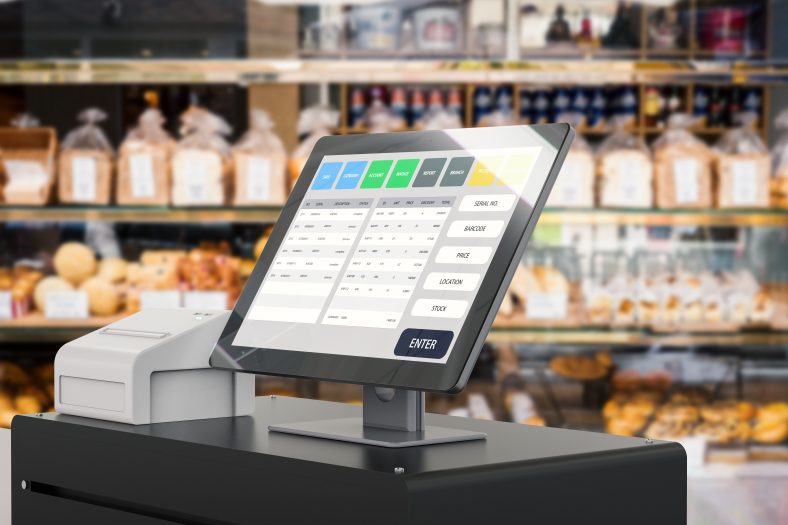
At the point of sale, the merchant indicates the options to make payment, calculates the amount owed by...
See Reviews
Setting your business up for success needs more than a good business idea. It requires management and...
See Reviews
What kinds of businesses exist nowadays? If you have asked yourself this question, the correct answer...
See ReviewsKelly Weissman
Creative writer and editorKelly Weissman is an expert analyst and reviewer who has a wealth of experience.
She is highly respected for her opinions and insights, and her reviews are sought after by both consumers and businesses alike. Kelly is a trusted source of information and her reviews are always fair and objective.

